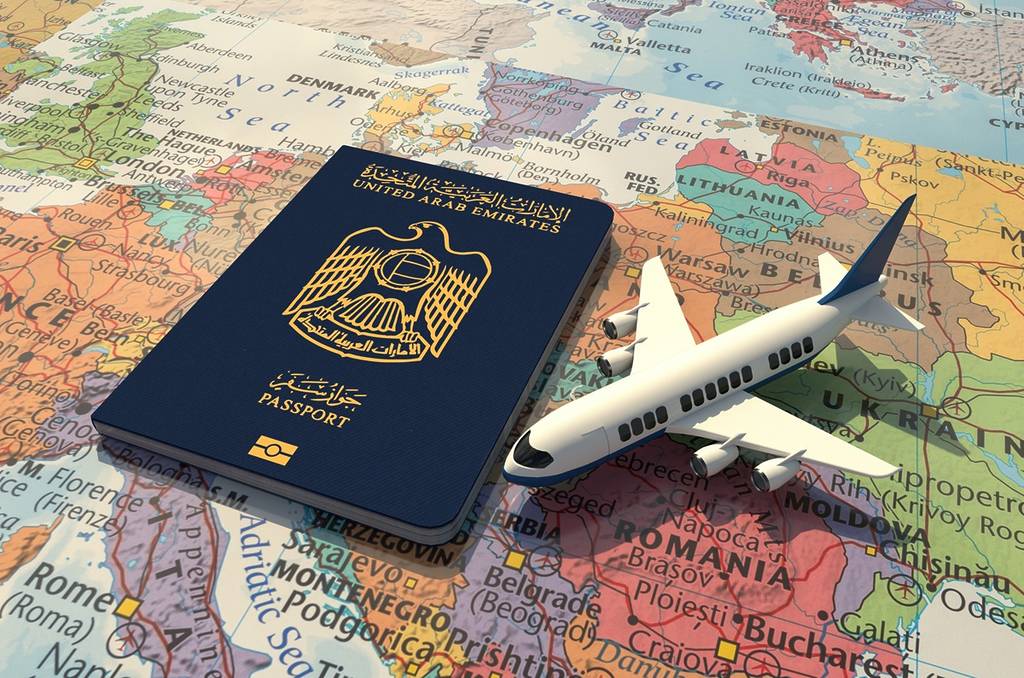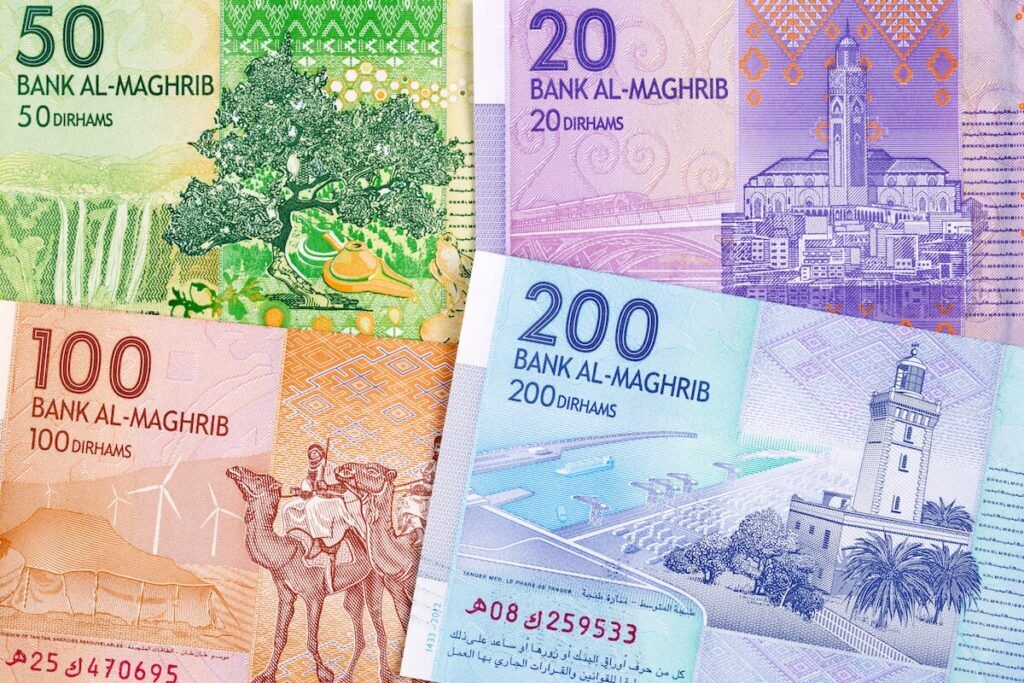Contact us :+91-70 335 335 70
- Monday - Sunday 10:00 am - 07:00 pm
- Third Floor, Plot No. 55, Sector 12-B, Dwarka, New Delhi, 110075

Embark on your academic journey in Dubai, a visionary city hosting over 60 renowned university campuses and colleges, offering myriad opportunities for higher education to fulfill your aspirations. Attain a globally recognized undergraduate or postgraduate degree in this futuristic city and elevate your career on a global scale.


Embark on your academic journey in Dubai, a visionary city hosting over 60 renowned university campuses and colleges, offering myriad opportunities for higher education to fulfill your aspirations. Attain a globally recognized undergraduate or postgraduate degree in this futuristic city and elevate your career on a global scale.
Dubai as a Popular Student City
Affiliation of Dubai Institutions with Top International Universities in Australia and the UK
Global Tourism and Entertainment Hub
Safe City and Modern Design Capital
Abundant Full-Time and Part-Time Job Opportunities for International Students
Global Knowledge Hub
Opportunities for Paid and Unpaid Internships
Affordable Tuition Fees and Living Expenses with Numerous Scholarships
Primary Level:
At the primary level, most schools in Dubai use English as the medium of instruction. Some schools teach in foreign languages like French, Hindi, and Russian, offering various foreign curriculums. Admission processes may include entrance tests, and schools often have waiting lists. British schools in Dubai usually start the new term in September, while other schools commence in April. Uniforms, school timings, and fees vary, and the primary section typically spans six years, catering to ages 6 to 12.
Secondary Level:
Dubai features international high schools offering various curriculums from Indian CBSE to IGCSE at the secondary level. Similar to the primary level, schools have compulsory subjects and allow students to choose elective subjects. Private school fees vary, and the secondary school period typically lasts three years, covering ages 12 to 18.
Colleges and Universities in Dubai:
Over the last two decades, the number of colleges and universities in Dubai has significantly increased, affiliating with prestigious institutions abroad. English is widely used as the tuition language, contributing to a growing staff and student population. Postgraduate Education in Dubai: Dubai's universities offer a range of Master's and PhD programs, contributing to its extensive education sector. The government provides free education from kindergarten to university for citizens, with around 40% of children attending private schools.
The culture and lifestyle of Dubai are characterized by a blend of traditional Arab values and a
modern, cosmopolitan outlook. Here are key aspects of Dubai's culture and lifestyle:
1. Multicultural Society: Dubai is a melting pot of cultures, with a diverse expatriate population.
People from various parts of the world coexist, contributing to a rich cultural tapestry.
2. Islamic Traditions: Islam plays a significant role in daily life, influencing customs, clothing, and
social norms. Respect for Islamic traditions and practices is essential.
3. Hospitality: Hospitality, or "Arabian hospitality," is a cherished cultural value. Guests are
warmly welcomed, and hospitality is expressed through generosity, offering refreshments, and
making visitors feel at home.
4. Traditional Clothing: While many residents wear Western-style clothing, traditional Emirati
clothing, such as the abaya for women and kandura for men, is also commonly seen.
5. Language: Arabic is the official language, but English is widely spoken and used for business
and communication. Signs and official documents are often bilingual.
6. Cuisine: Dubai's culinary scene reflects its multicultural population. You can find a wide range
of international cuisines, but traditional Emirati dishes, influenced by Middle Eastern and Asian
flavors, are also enjoyed.
7. Shopping and Entertainment: Dubai is known for its luxurious shopping malls, vibrant markets
(souks), and entertainment options. The city hosts numerous events, festivals, and attractions,
including the Burj Khalifa, Dubai Mall, and the Palm Jumeirah.
8. Modern Architecture: Dubai is renowned for its modern skyline and innovative architecture.
Iconic structures such as the Burj Khalifa, Burj Al Arab, and the Dubai Frame showcase the
city’s commitment to futuristic design.
9. Work and Leisure Balance: Dubai residents often value a balance between work and leisure.
The city provides various recreational activities, from desert safaris and water sports to cultural
events and nightlife.
10. Respect for Rules and Regulations: Dubai places a strong emphasis on law and order.
Residents and visitors are expected to adhere to local laws and regulations, contributing to the
city’s reputation as a safe and well-maintained destination.
Overall, Dubai’s culture and lifestyle embody a unique fusion of tradition and modernity, making
it is a dynamic and attractive global city.
Dubai has a desert climate, characterized by extremely hot summers with temperatures often exceeding 40°C (104°F) and mild winters. Winters are pleasant, with daytime temperatures ranging from 14°C to 24°C (57°F to 75°F). Rainfall is infrequent, and humidity levels are generally low, especially during the summer. The city experiences a significant temperature drop in the evenings, providing relief from the daytime heat.
Undergraduate Programs: Business, Management, Accounting, Finance, Human Resources Management, Hospitality Management, Tourism, Psychology with Counseling, Global Social Science, Advertising, Public Relations, Media, Business Information Systems, Information Technology, Early Childhood Education, Fashion Designing, Civil Engineering (3 to 4 years duration).Postgraduate Programs: MBA, Retailing, Advertising, Supply Chain Management, International Business, Petroleum Engineering, International Relations, Quality Management, Engineering Management, Strategic Marketing, Human Resources Management, Marketing Communications.
Architecture:
Designing and planning of buildings, open areas, and artificial constructions.
Aviation: Practical aspects and art of aeronautics, including aircraft design, development, and
operation.
Design Studies:
Work process focused on user perspectives, stimulating development based on
specific customer needs.
Master of Business Administration (MBA):
Internationally recognized degree for careers in business and management.
As the second wealthiest emirate in the UAE, Dubai holds a prominent position as the primary business gateway for African and Middle Eastern nations. While tourism remains a key driver of its economy, Dubai is swiftly evolving into a hub for service sectors like Information Technology and Finance. Noteworthy entities such as Microsoft, Oracle Corporation, IBM, HP, BBC, CNN, and Sky News are situated in Dubai Internet City and Dubai Media City. In Dubai, prospective careers and sectors worth considering encompass E-Commerce, Digital Marketing Specializations, Business Development & Sales, Education, and Engineering & Technology.
Dubai's tax-free salaries, stable economy, and a low unemployment rate of 2.75% make it an attractive destination for international students. Graduates can explore well-paid professions such as IT Managers, Accounting Managers, Aerospace Engineers, contributing to a higher standard of living. The average annual salary in Dubai ranges from AED 148,000 to AED 406,000.
It is advisable to apply for a Dubai student visa 1-2 months before the semester starts, taking 15-20 days for processing. The application fee ranges from AED 2300 to AED 2700, with a refundable visa deposit (AED 2500 to AED 3000) and medical insurance costs (AED 1300 to AED 1400). Requirements include a Letter of Acceptance, clearance from the General Directorate of Residency and Foreigners Affairs, a valid passport, and other documentation.
Applicants must submit certified true copies of relevant documents along with the application form. The university assesses academic background recognition and determines the qualification level. Successful applicants receive a conditional/confirmation offer letter for a student resident visa, with the entire visa procedure taking about a week. Once approved, students can book their tickets.
Photographs
Passport photocopy
Statement of purpose
Resume
Degree/provisional certificate
Copies of IELTS and GMAT
Two letters of recommendation
Letter from college
Mark sheets
Certainly, students have the opportunity to work while enrolled in universities in Dubai.
Indeed, opting for education in Dubai is a valuable choice. The city provides a superior quality of
living, and its appeal to international students is increasing, evident in the expanding presence
of UK, Germany, Australia and US universities establishing campuses in the area.
